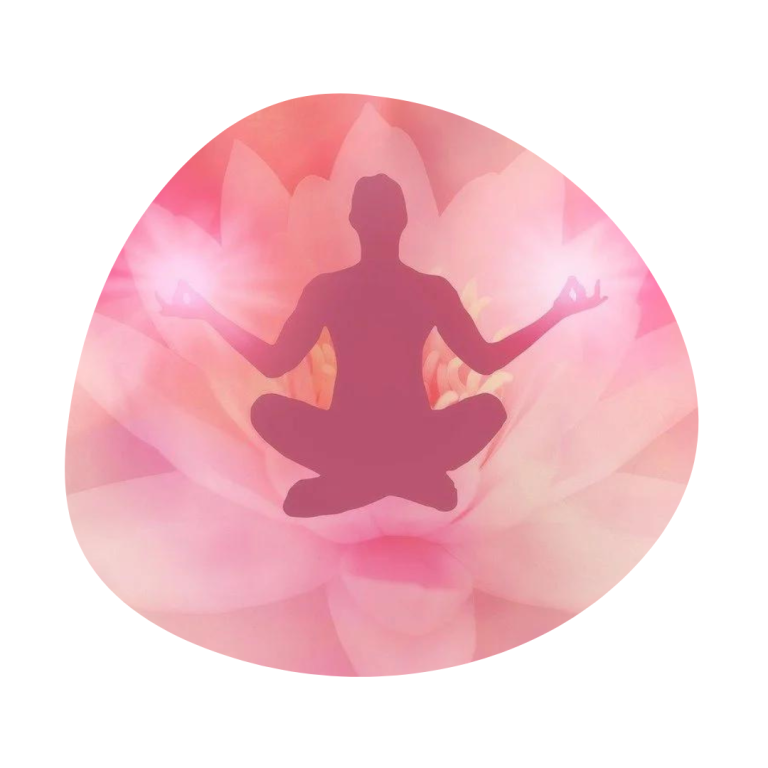
Advanced Mindfulness Meditation Course: Module 1 Qualities for Wellbeing
Based on Yama Niyamas of Sage Patanjali’s Yoga Sutras & The Buddha’s Noble Eightfold Path


Focus of Qualities for Wellbeing Module
The ‘Qualities for Wellbeing’ module is focussed on making mindfulness and awareness practices a part of our everyday life by applying them to our physical actions, verbal speech, and mental choices or motivations.
As we learnt in the ‘8 week mindfulness and meditation course’, through our awareness and meditation practices we become increasingly mindful and kinder. Our training thus far, has prepared the soil of our hearts and minds for deeper work.
Throughout the modules of the advanced mindfulness meditation course, we will be working with the subtler layers of consciousness. We start this journey by cultivating some fundamental qualities that will support our deeper work in the coming modules. These qualities are visible and apparent, in that they appear gross. However, they are motivated by very subtle and habitual tendencies. In this module, we will examine each of these qualities, our relationship with them, how they manifest in our awareness and work to deepen the presence of wholesome qualities and to reduce the grip of the unwholesome ones.
Cultivating these qualities is essential for our wellbeing and mental health and will help make our wisdom a lived one that would pave the way for deeper wellness and a joyful and meaningful relationship with ourselves and our world.
Module 1 Qualities for Wellbeing Details
Date & Timings
April 2025 | Weekly | 7 Webinars | Friday | 7:00 pm to 9:00 pm IST
Fees
New Participants: INR 11,500/- (inclusive of 18% GST) or 185 USD
Repeat Participants: INR 8,500/- (inclusive of 18% GST) or 137 USD
Resources
Live Online Classes (Recordings Of Webinars Available for Those who Can’t Attend it Live)
+
Weekly theory videos, Support
content videos, informal practices and online reading material.
Register For The Upcoming Module 1
Contact Details: +91 9833985538 Monday to Saturday between 9 AM and 7 PM or info@innerspacetherapy.in.
IF YOU WISH TO DO ANY OF THE COURSES AND ARE UNABLE TO PAY THE FEES, PLEASE GET IN TOUCH WITH US. WE WILL TRY OUR BEST TO ACCOMMODATE YOU. AS WE DEEPLY WISH FOR MORE AND MORE PEOPLE TO LEARN THIS PRACTICE.
Inspiration for the Qualities for Wellbeing Module
This module is inspired from two traditions of Indian philosophy:
Sage Patanjali's Yoga Sutras
The yoga sutras of Patanjali elaborate on the ashtanga or eight steps to enlightenment. The first two steps are ‘Yama’ and ‘Niyama’. Patanjali is asking us to practice 5 abstinences (Yamas) and 5 Observances (Niyamas) as first steps on the path to deeper awareness. Patanjali recognised the need to work through several layers of grosser tendencies in order to ultimately be able to hold the joyousness of Dhyana or deep meditation.
The Buddha's Noble Eightfold Path
This eightfold path is a further elaboration of the three baskets (Tripitaka) of Shila Samadhi and Prajna. The Buddha emphasized Shila or wholesome ethics/habits as the first steps to the path of enlightenment. He prescribed several habits that fell under three broad headings: The practices of Right Speech, Right Conduct and Right Livelihood
Join Our Free Online Course
Take the first step to relax your nervous system and prepare yourself to manage difficult emotions.
Meditation Made Simple: Start Your Practice
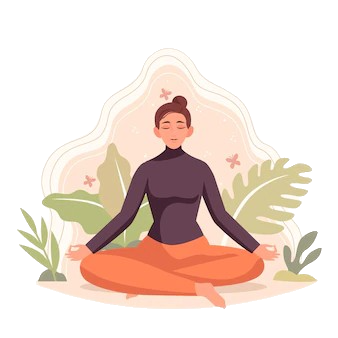
About the Qualities for Wellbeing Module
This module on Yamas and Niyamas is designed based on the understanding, from the above philosophical outlooks, that a certain level of training in developing helpful qualities and letting go of unhelpful ones is necessary to gain internal peace and happiness in the long run.
The qualities chosen here are inspired by the above two schools of thought (Yama Niyamas of Sage Patanjali’s Yoga Sutras & The Buddha’s Noble Eightfold Path) and are also chosen based on the trainer Sadia’s personal experience of over two decades as a meditation practitioner and a psychotherapist. She has found that certain tendencies and habit patterns create great amounts of guilt and unhappiness in people. These unhelpful but deeply wired tendencies also deplete energy and tend to complicate life. Based on her personal understanding, practice and with the guidance of the above two schools of philosophy six qualities are addressed in this module.,
The Six Qualities Of The Wellbeing Module
Self-Discipline and Awareness of Urges
This is inspired by the yama of brahmacharya which means self-restraint (yoga sutras) and the shila of right conduct (Noble eightfold path).
Non-Violence In Thought, Action & Speech
This is inspired by the shilas of right conduct and right speech (Noble Eightfold Path) and the yamas of Ahimsa which means non-violence and Asteya which means non-stealing (Yoga Sutras).
Truthfulness
This is inspired by the Shila of Right Speech (Noble Eightfold Path) and the yama of Satya (Yoga Sutras).
Generosity and Minimalism
This is inspired by the Yama of Aparigraha which means non-grasping and non-possessiveness (Yoga Sutras) and the Shila of Right Livelihood (Noble Eightfold Path).
Contentment & Gratitude
This is inspired by the niyama of Santosha which means contentment (Yoga Sutras)
Surrender
This is inspired by the niyama of Ishwara Pranidhana which means surrender to a divine will and involves letting go of over controlling tendencies (Yoga Sutras)
Note from Sadia: Program Director & Facilitator
I have created the qualities of wellbeing module keeping in mind the fundamental qualities that all of us need to be healthy and well. The course is designed using the structure of Shravana, manana, nidhidhyasana that is provided by the ancient wisdom traditions. This structure presents an extremely useful paradigm of learning.
Shravana is paying strong attention to the teachings or words of a master or wise person who has walked this path. It is about listening to the truth with your heart and entire sense of being with the intention of internalizing what you learn. This is where you create conviction and resolve.
Manana is deep contemplation of what has been received through Shravana. This implies repeatedly remembering, clearing of doubts, applying to life concepts that are learned, staying aware of blocks, and attempting to resolve those inner blocks and resistances.
Niddhidhyasana is meditating with one-pointedness and resting in the Self as pure awareness. It is the steadying and deeply stabilizing aspect of the work.
For our course, I have tried to use these three principles for each of the 6 qualities of wellbeing.
In the understand section, there is scope through reading and during webinars to understand each quality and your possible relationship with it. This is the Shravana aspect.
In the apply section, there are journaling and contemplation prompts to see how this quality plays out in your life and the possible shifts you can recognize and create. This is the Manana aspect of the practice.
In the meditate section, a daily guided meditation is provided that is connected to the particular quality of the week, so that we stay rooted in awareness and acceptance and do not get carried away by the intellectual process.
The participants of our past course have come up with deep insights in the process of this course and I hope that will be true for all participants that take up this course.
Remember those of us who are willing to work with ourselves, are the only ones who can hope for meaningful shifts. Waiting for life to change and make us happy is like waiting for a sculpture to emerge from a rock without putting any effort in learning to sculpt. Life often presents us with the same kinds of difficulties until we finally decide to pick up the chisel and learn the art of sculpting a wise and happy life out of the material that is available to us. May you be well and happy!
Therapist & Mindfulness Trainer
Sadia Saeed is a clinical psychologist, somatic therapist and a mindfulness meditation trainer with over 23 years of experience.
A Tedx Speaker
As a speaker at a Tedx conference, she spoke on how mindfulness of emotions can help stay calm even in the midst of emotional overwhelm and chaos.
An Author
She has written a book for teens and tweens which a guide to understanding and starting meditation and awareness practices early in life.
Our Other Mindfulness Meditation Programs
Advanced Courses
The Advanced Courses are a colection of modules designed to further deepen the journey of personal growth and wellbeing that has started in the 8-Week Mindfulness Meditation Course. These modules provide opportunities to learn and deepen wisdom practices.
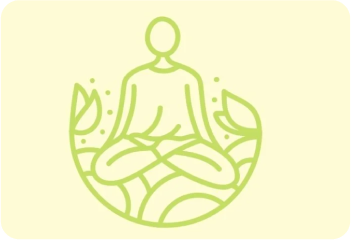
Retreats
Mindfulness Meditation Retreats are a great way to turn inwards through silence and contemplation practices. They present you with the opportunity to not only learn but to also deepen your meditation practice. We facilitate online as well as offline retreats.
The Wisdom Circle
Become part of a community interested in self-awareness, mindfulness, meditation and wisdom practices. Share your journey, learn from others, meditate together and be supported in your wellness journey by like-minded people.
Watch Sample Teaching Videos From the Online Meditation Course
Learn More About Mindfulness Meditation Through Our Writings
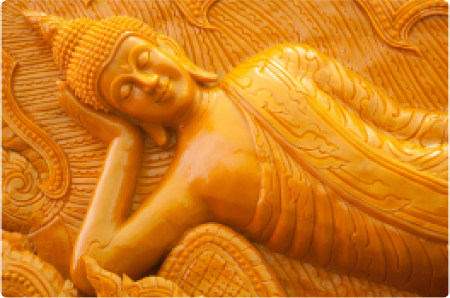
Metta: The Practice Of Compassion
The 13th of November this year is being celebrated as World Kindness Day. I have been fortunate to be a part of the discussions for the events planned on this day. This video of a mindfulness and compassion practice embedded below is my contribution to the event. I find mindfulness and kindness inseparable as concepts. One of the core pillars that supports the practice of mindfulness is compassion which is the highest form of kindness.
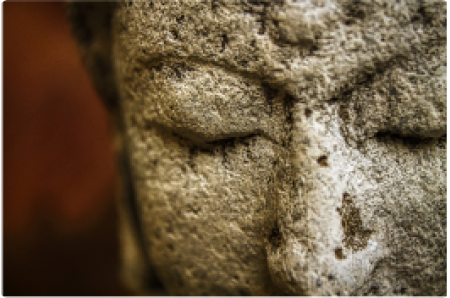
The Benefits of Mindfulness
Mindfulness helps you connect with a direct experience in the here and now. Research shows that benefits of mindfulness involve healing stress, addiction, pain, anxiety and several other afflictions. It opens people towards being receptive to self compassion, joy, love, positivity and can nurture the brain to be stronger and healthier.

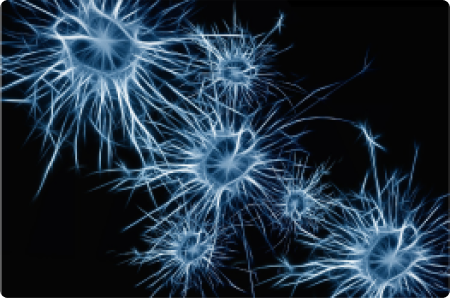
The Neuroscience Behind Mindfulness
Mindfulness as a practice for well-being and as a way of connecting to one’s true nature has not really been at the mercy of science. It is a practice that has in many ways been taught across eastern philosophical traditions for thousands of years.

